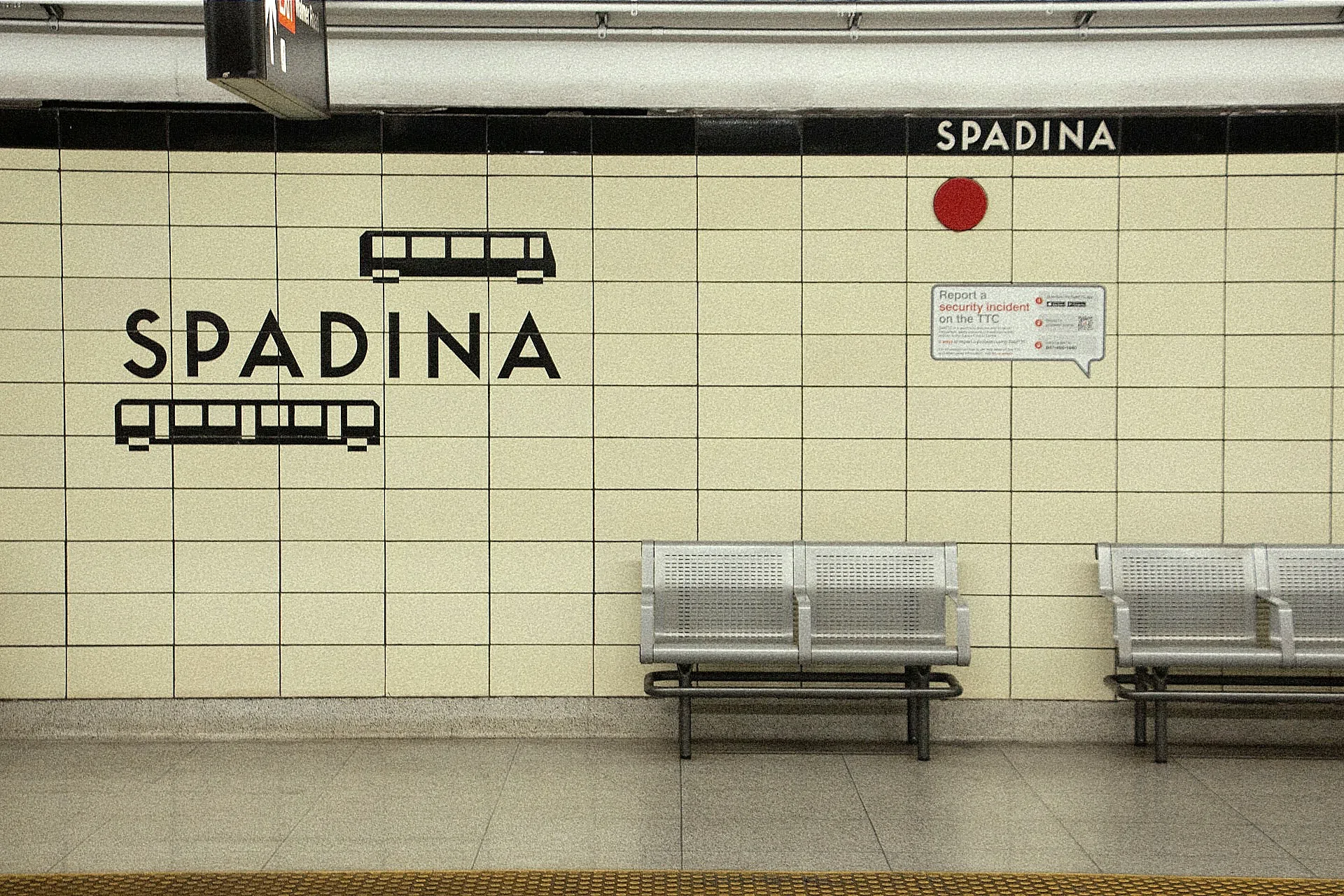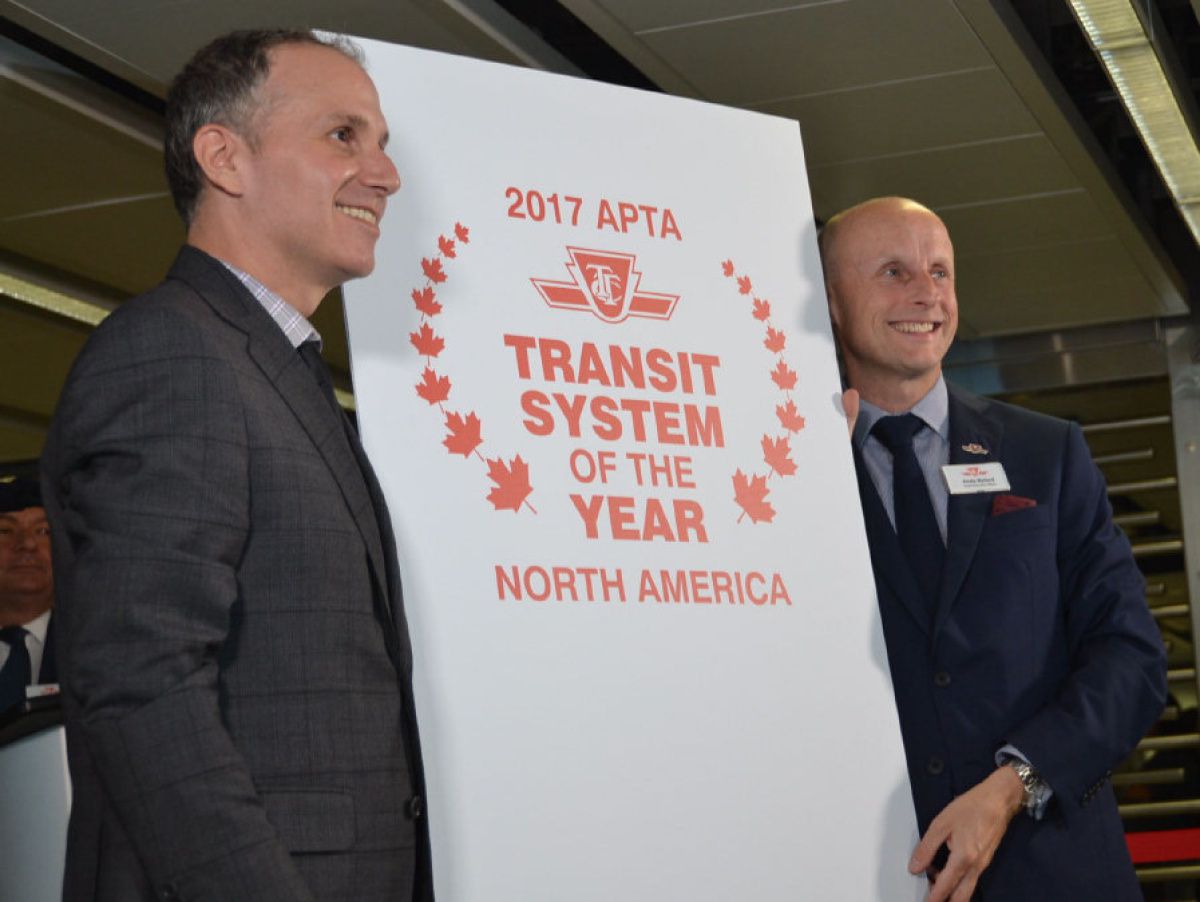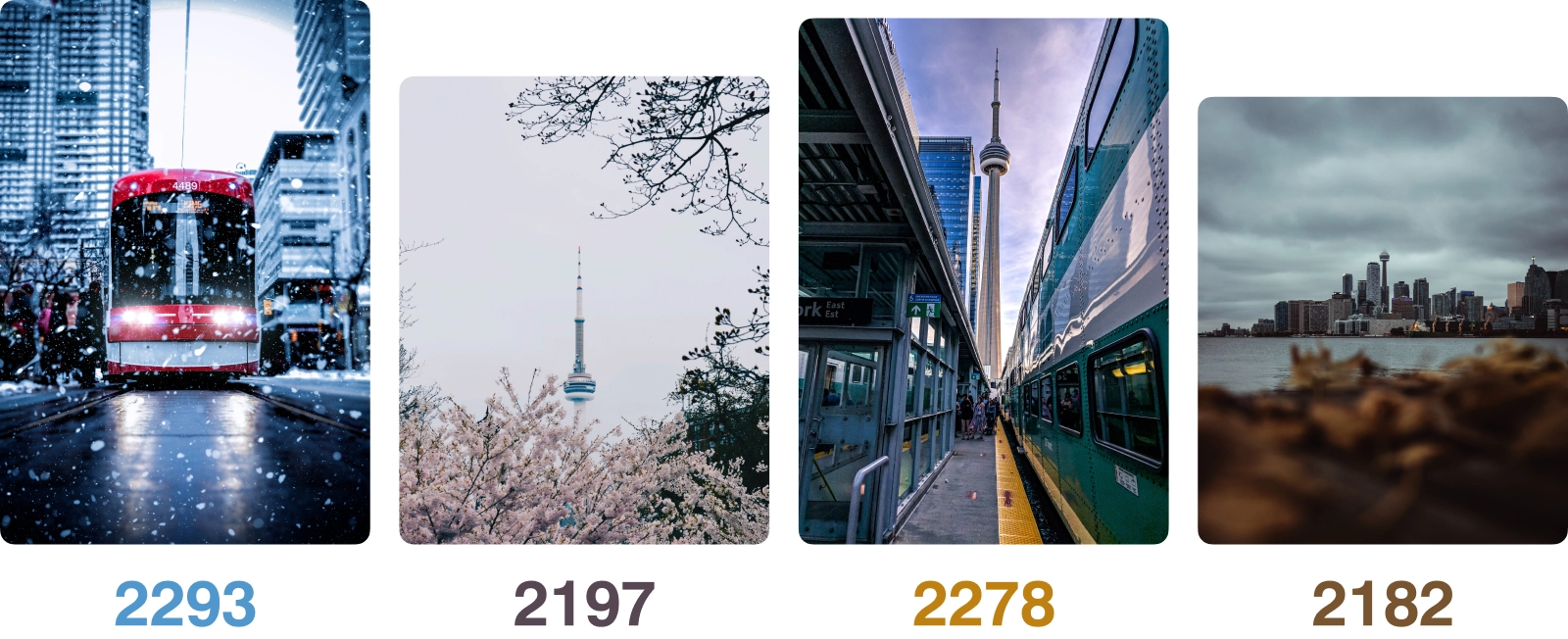Stats from 2014 to 2019
Toronto Subway Delays

Have you ever wondered why the Toronto subway has so many delays?
I analyzed data on TTC subway delays for the last six years (from 2014 to 2019) and turned it into meaningful stats with explanations.
The city of Toronto provides all information on Toronto Subway Delays at open.toronto.ca
"Back where we belong as number one in North America. A huge amount of effort has been expended, and a huge amount has been achieved. The TTC is now cleaner, friendlier, more punctual, and more reliable."
– TTC CEO Andy Byford
🛑 Avoid these times if you don't want to get stuck in the subway.
Taking the subway in Toronto can be unpredictable. You never know how long it will take to get from one place to another. By avoiding these times, you can be on time and avoid annoying delays on the subway.
1. Thursday 4 PM - 8 PM
2. Friday 4 PM - 8 PM
3. Tuesday 6 AM - 10 AM
4. Wednesday 6 AM - 10 AM
5. Monday 6 AM - 10 AM
6. Saturday 8 PM - 12 AM
7. Sunday 8 AM - 12 PM
👎 10 the worst subway stations, they are responsible for 31% of all delays.
- Kipling
- Kennedy
- Finch
- Yonge-University Line
- Sheppard West
- Eglinton
- Warden
- Wilson
- Islington
- Bloor
👍 10 the least "troublemakers", they only account for 13% of delays.
- Bayview
- Osgoode
- Leslie
- Runnymede
- Lawrence
- St Andrew
- Lansdowne
- Castle Frank
- Summerhill
- High Park
🚇 Speed control problems cause up to 30% of all TTC subway delays.
Almost 45% of delays come from the issues listed below. Altogether, there are over 100 possible reasons a subway train might stop.
💨 Miscellaneous speed control – 15,5%
Speed control issues happen when there's a problem with the speed control system. This triggers the emergency brake, and the train can't move until transit control gives the okay to reset it and continue. These problems make up 15.5% of the delays.
👤 Operator over speeding – 11.3%
Right now, Toronto subway trains are driven by operators, and human factor often leads to problems with speed control, causing 11.3% of delays. The TTC has a plan to switch to automated trains in 2022, which should help solve this issue.
🆘 Alarm activated (no trouble found) – 6.7%
Sometimes, people press the alarm button on the subway even when there's no real emergency. In Toronto, this happens quite a bit, causing trains to stop often for no serious reason.
🚑 Injured or ill customer (transported) – 6.4%
Some travelers fall ill during their subway ride. Usually, these health issues are triggered by staying in a closed, stuffy, overcrowded place like a subway car.
🔘 Other Issues – 4.2%
There are lots of other problems that cause subway delays. For example, fires or smoke on the tracks, doors getting stuck or blocked, unauthorized people on the tracks, or even assaults involving passengers. These issues, though varied, add up to 4.2% of all delays.
How long does it take to resolve an issue in the Toronto subway?



Summary
Delays in the subway cause a "Domino Effect" where one problem leads to another before the first issue is fixed. This makes it vital to resolve all problems quickly and only hold trains in rare cases.
The TTC has a lot of work to do to improve the Toronto subway service and justify the $3.25 fare, which is among the highest in the world.
I didn't include stats about the Presto Card, which is now the only way to pay in the subway. Sadly, the TTC doesn't share data on how often the Presto card failed or didn't work properly in 2019 and early 2020. If you want to see the "wonderful" experience with Presto, check out their ratings on the App Store or Google Play.
Good Read
Great combination of the Toronto subway delays data and other resources with a solid graph representation of the Toronto subway delays - https://github.com/sishola/ttc-delays
Amazing dashboard built on Tableau software about TTC Subway Delay 2018-2019 - https://github.com/jnnhuynh-web/TTC-Subway-Delay-Dashboard-2018-2019
Another beautiful project about Toronto Transit Commission (TTC) Subway Delays with fresh data - https://ionnoant.github.io/2018-04-28_TTC-post-2/
One more good study, "Don't be so quick to blame the TTC for delays on the subway" - https://www.lowandhigh.xyz/magazine/2019/2/7/dont-be-so-quick-to-blame-the-ttc-for-delays-on-the-subway


